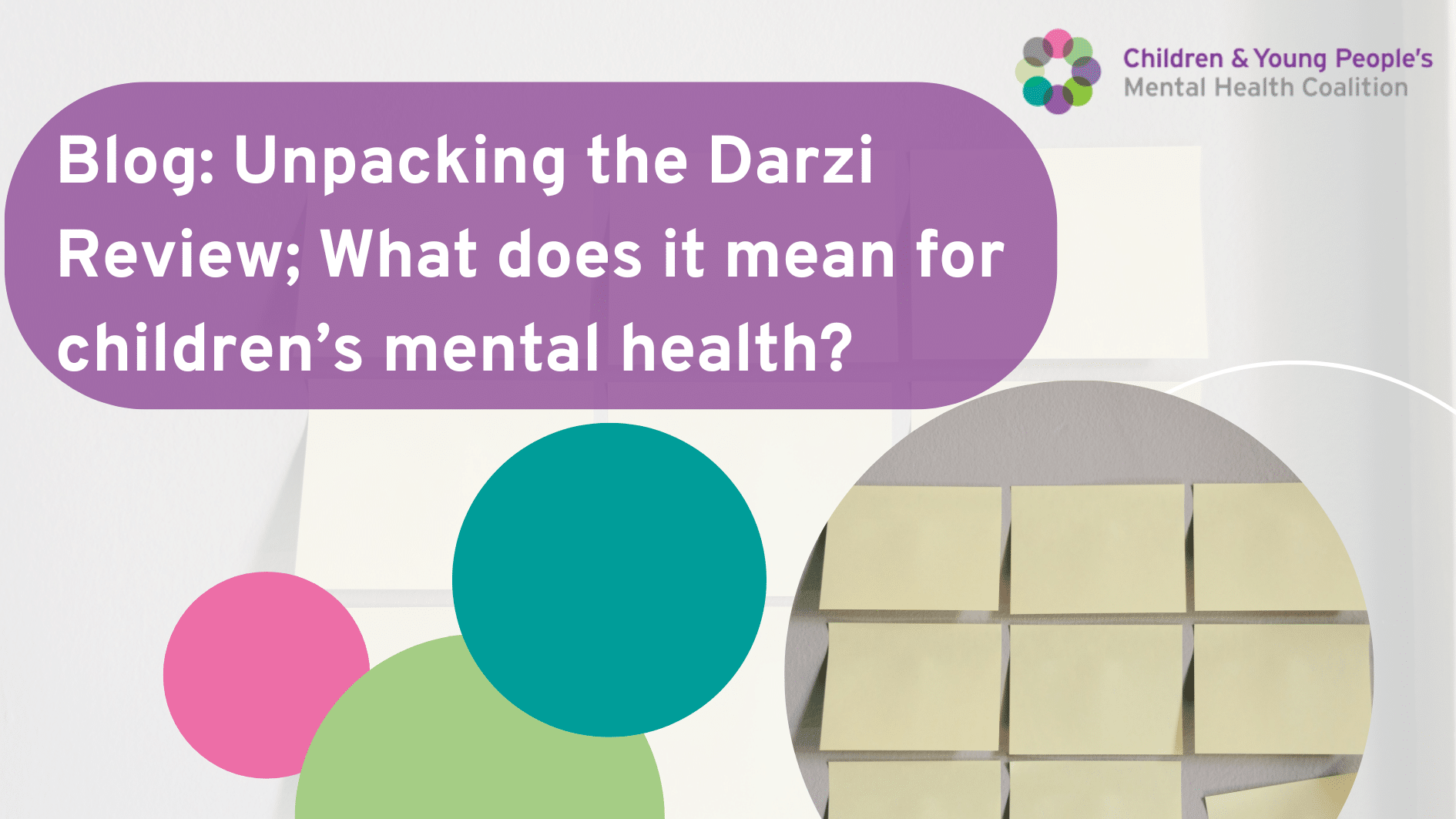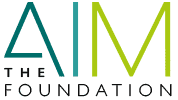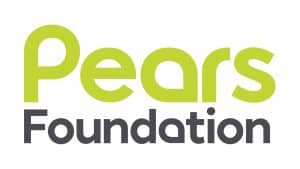Following the election, Health and Social Care Secretary, Wes Streeting acknowledged that the NHS is ‘broken’, and commissioned a full and independent investigation into the state of the NHS led by Professor Lord Darzi. The rapid assessment aimed to provide an overview of the current performance of the NHS and the challenges the health system is facing. The findings from the review will provide the basis for the Government’s new10-year health plan. This blog explores what the review found, what it means for babies, children and young people’s mental health, and the change we want to see.
Exploring the Review
Mental health problems in babies, children and young people have been increasing in recent years, with one in five 8 to 25 year olds with a diagnosable mental health problem in 2023 compared to one in nine 5 to 16 year olds in 2017. There are clear challenges in the children’s mental health system including long waiting lists, rejected referrals, and poor access to support. Rising levels of need means that demand frequently outstrips service capacity to respond.
The Independent Investigation of the National Health Service in England underscored the dire challenges facing children and young people’s mental health services emphasizing that ‘too many are being let down’. The review highlighted the surge in mental health needs amongst children and young people as well as the increase in waiting times for community services and mental health support. The report also revealed that referrals for mental health services for children and young people have tripled, from 40,000 in 2016 to almost 120,000 in 2024.
Concerns have long been raised about the quality of care within mental health inpatient settings, and sadly the review reveals the high levels of restrictive intervention used against children and young people. The use of restrictive interventions within inpatient mental health care settings has increased over the last four years, and the review notes that this increase has been driven by a surge in restrictive interventions for children under 18.
The review also identified the increase in children living in poverty since 2019 and the implications of deprivation on mental health and access to support. It is no coincidence that rates of mental health problems and child poverty have risen co-currently in recent years. Our recent research with Centre for Mental Health and Save the Children UK highlights the importance of alleviating poverty to combat the mental health crisis.
What have the government committed to on children’s mental health?
The review underscores the urgent need for change in the children’s mental health system. Positively, the Labour party manifesto set out an ambition for ‘the healthiest generation of children ever’ and have committed to a range of changes to improve the mental health of babies, children and young people. This includes:
- New open access, drop-in mental health hubs for children and young in every local area in the form of Young Futures Hubs.
- Reforming the Mental Health Act through the introduction of a new Mental Health Bill
- Access to a mental health professional in every school.
So, what’s next?
The Darzi Review will lay the foundations for a new 10-year health plan which will include three fundamental areas of reform, including digital transformation, moving care into the community, and taking a preventative approach.
It is imperative that the plan takes a cross departmental approach with mental health as a key element. Given the stark findings from the Darzi review babies, children and young people’s mental health must be a core focus of the plan. To date, not enough action has been taken on babies, children and young people’s mental health which has resulted in a floundering mental health system. The plan must be backed by sustainable resource and investment to ensure its success.





